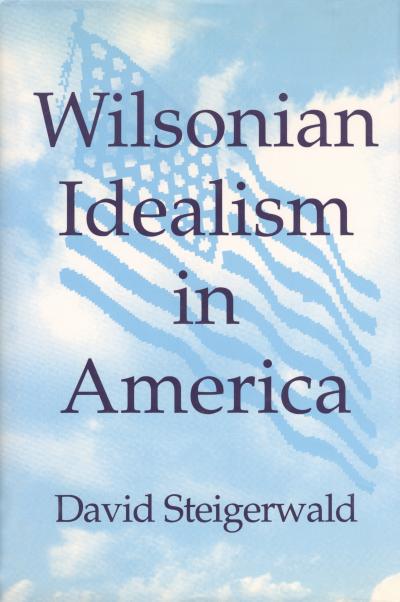Wilsonian Idealism in America

Steigerwald, David
Cornell University Press
David Steigerwald chronicles the legacy of Wilsonian idealism from its emergence during World War I through its recent resurgence during Desert Storm. The first history of this central strain of thought in modern American politics, Steigerwald's wide-ranging account encompasses the careers of many prominent twentieth-century political figures and thinkers, including Walter Lippmann, Elihu Root, Newton D. Baker, Raymond Fosdick, Adlai Stevenson, Daniel Patrick Moynihan, Theodore Lowi, and Francis Fukuyama. At the beginning of the twentieth century, massive cultural and political pressures threatened to undermine the liberal tradition by dissolving faith in human reason. A group of moderate thinkers attempting to salvage that faith rallied behind Woodrow Wilson's conception of world order. Through the American internationalist movement, these Wilsonian liberals defended the proposition that decisions based on enlightened self-interest would lead to political harmony, and they strove to institutionalize their principles through the formation of the League of Nations. As he traces the fate of universal ideals through American political thought, Steigerwald describes how the Wilsonians remained committed to the free market in the face of war and depression and continued to oppose interest groups in spite of the emergence of mass politics. In addition to demonstrating the capacity of Wilsonianism for regeneration and sustained influence, Steigerwald reveals the ironies that have attended its persistence across the century. Throughout some of the most horrendous events in history, he shows, Wilsonian idealism adhered to fundamental beliefs in international rule of law and in the beneficence of technological progress and liberal capitalism.
Purchasing Information
Page count: 296
Investigators
Filters: 1994
